Canada has been steadily cultivating influence across industries, diplomacy, culture, and innovation, on its terms. While it remains a close ally of the United States, many of its most significant gains are rooted in independent policy decisions, domestic investments, and a distinct worldview. Here are 22 examples of how Canada is rising to global prominence without relying on U.S. assistance.
Leading in Critical Minerals Strategy

Canada has become a vital supplier of critical minerals, including lithium, cobalt, and rare earth elements. These are essential to global green technologies, such as electric vehicles and batteries. The Canadian government’s Critical Minerals Strategy, backed by billions in federal funding, prioritizes domestic exploration and processing. Unlike many countries, Canada is creating a whole supply chain within its borders, limiting dependence on foreign refineries, including those in the U.S. This initiative is attracting investments from Japan, South Korea, and the EU, all looking for stable, democratic partners for mineral sourcing. Canada is now viewed as a cornerstone of the global energy transition.
Dominating Clean Energy Innovation
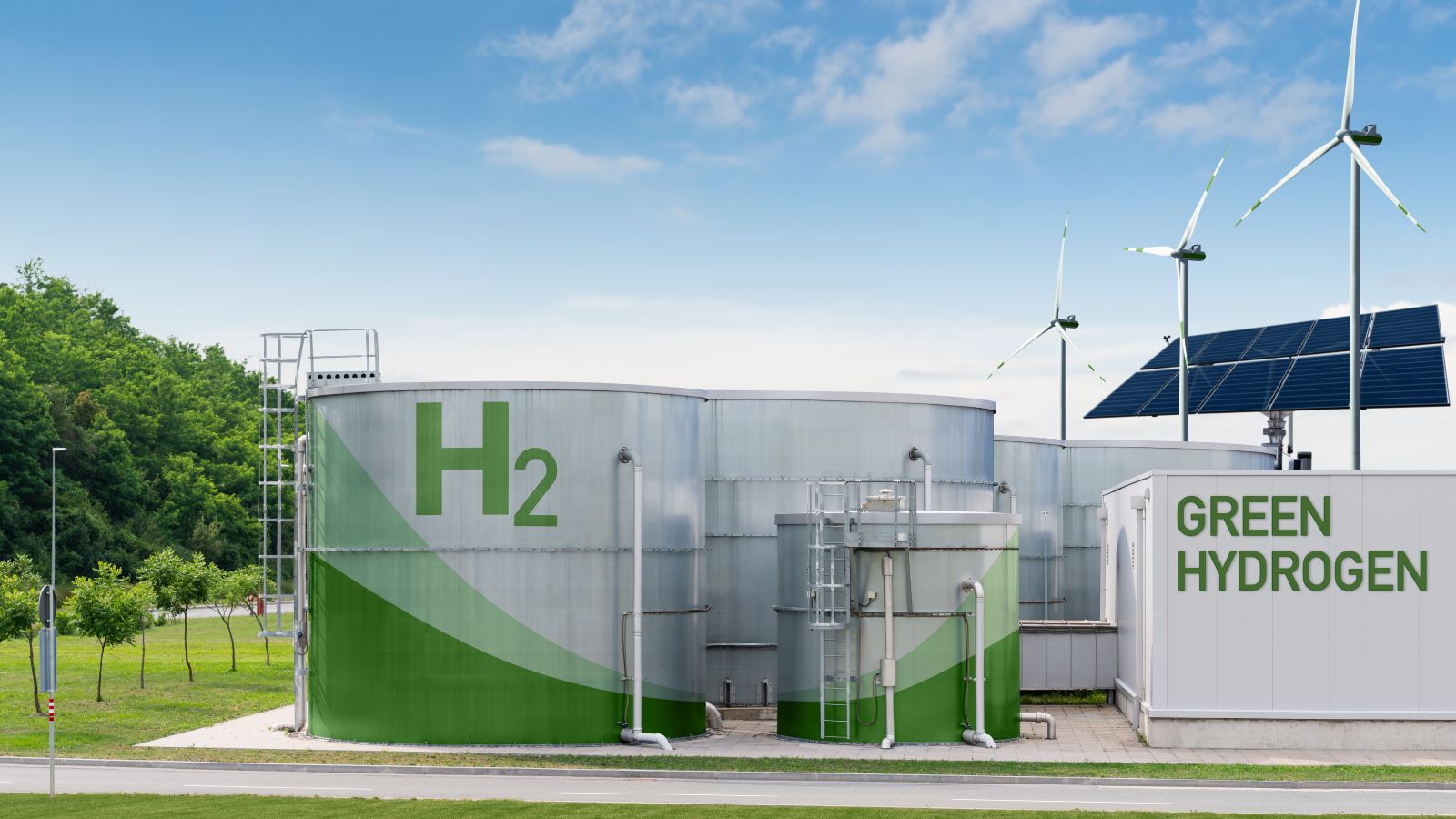
Canada is among the top nations investing in clean hydrogen, carbon capture, and renewable energy. Alberta’s Carbon Trunk Line and Ontario’s green hydrogen projects showcase leadership in decarbonization without U.S. backing. The country’s clean electricity grid, already 83% non-emitting, is expanding further through provincial initiatives. Canada’s innovations in energy storage and small modular nuclear reactors (SMRs) are also being exported to markets like the UK and South Korea. The federal government’s support for decarbonized power is enabling a high-tech energy sector with growing international demand.
A Global Standard for Immigration Policy

Canada’s points-based immigration system has been widely praised as a model for developed countries. It focuses on attracting skilled labor, students, and entrepreneurs, while maintaining strong humanitarian commitments. In 2023, over 400,000 new permanent residents were welcomed, supporting industries facing labor shortages. Countries in Europe and Asia are studying Canada’s model, especially its Express Entry and Provincial Nominee programs. These systems operate independently of U.S. immigration policies, and their success has positioned Canada as a leader in global migration solutions.
World-Class Tech Talent Development

Homegrown universities, such as the University of Toronto, McGill, and the University of British Columbia, are at the forefront of AI, engineering, and biotechnology. Canada produces top-tier tech graduates, many of whom stay due to the thriving local startup ecosystem in places like Toronto, Montreal, and Vancouver. And, with research hubs such as the Vector Institute and Mila, Canada competes with Silicon Valley, not as a feeder, but as a parallel force. Big Tech firms like Google and Meta are expanding R&D operations in Canada to tap into local talent, not just to offshore costs.
AI and Quantum Research Leadership

Canada has taken a global lead in artificial intelligence and quantum computing. The country was among the first to establish national AI research hubs, including the Vector Institute, the Alberta Machine Intelligence Institute, and MILA. Canadian pioneers, such as Geoffrey Hinton, laid the groundwork for deep learning. Government grants and public-private partnerships continue to fund cutting-edge research. In quantum computing, the University of Waterloo’s Perimeter Institute and D-Wave Systems are positioning Canada at the forefront of next-generation computing. These efforts are largely self-financed and internationally recognized.
Expanding Influence in Global Peacekeeping

Canada has recommitted to United Nations peacekeeping, deploying forces in strategic missions and providing critical training to partner nations. Unlike U.S.-led military interventions, Canada emphasizes stabilization, conflict resolution, and rebuilding. Recent contributions in Mali and Ukraine-related training missions highlight its independent diplomacy. Canada’s peacekeeping focus builds international goodwill and enhances its soft power, especially among developing nations that value neutral mediation.
Charting Its Own Foreign Policy Path

Canada has increasingly taken independent stances on global issues. Its positions on climate action, digital privacy, and global taxation differ from U.S. policy. For instance, Canada implemented a digital services tax on Big Tech companies despite American opposition. Canada also joined the international court’s investigations in Ukraine and Gaza without waiting for U.S. endorsement. These decisions reflect a sovereign foreign policy aligned with Canadian values and global partnerships beyond Washington’s influence.
Reinventing Public Healthcare

Canada’s single-payer healthcare system remains one of the most admired globally. While the U.S. grapples with high costs and limited access, Canada continues to refine its model. Provinces are testing dental care coverage and pharmacare pilots, with federal support. These innovations are drawing interest from countries exploring universal coverage. Canada’s health system isn’t perfect, but its core principles, public funding, and access continue to inspire reform efforts elsewhere, especially in the wake of global health crises.
Cultural Exports with Global Reach

Canadian music, film, and literature have experienced a surge in global popularity. From artists like Drake and The Weeknd to acclaimed authors like Margaret Atwood, Canada punches far above its weight. The success isn’t merely commercial; it reflects deep public investment in the arts. Government programs, such as those through Telefilm Canada and the Canada Council for the Arts, help fund independent productions. Unlike the U.S., where market forces dominate, Canada’s culture thrives through deliberate support, enabling diverse voices to reach international audiences.
Climate Diplomacy and Environmental Action
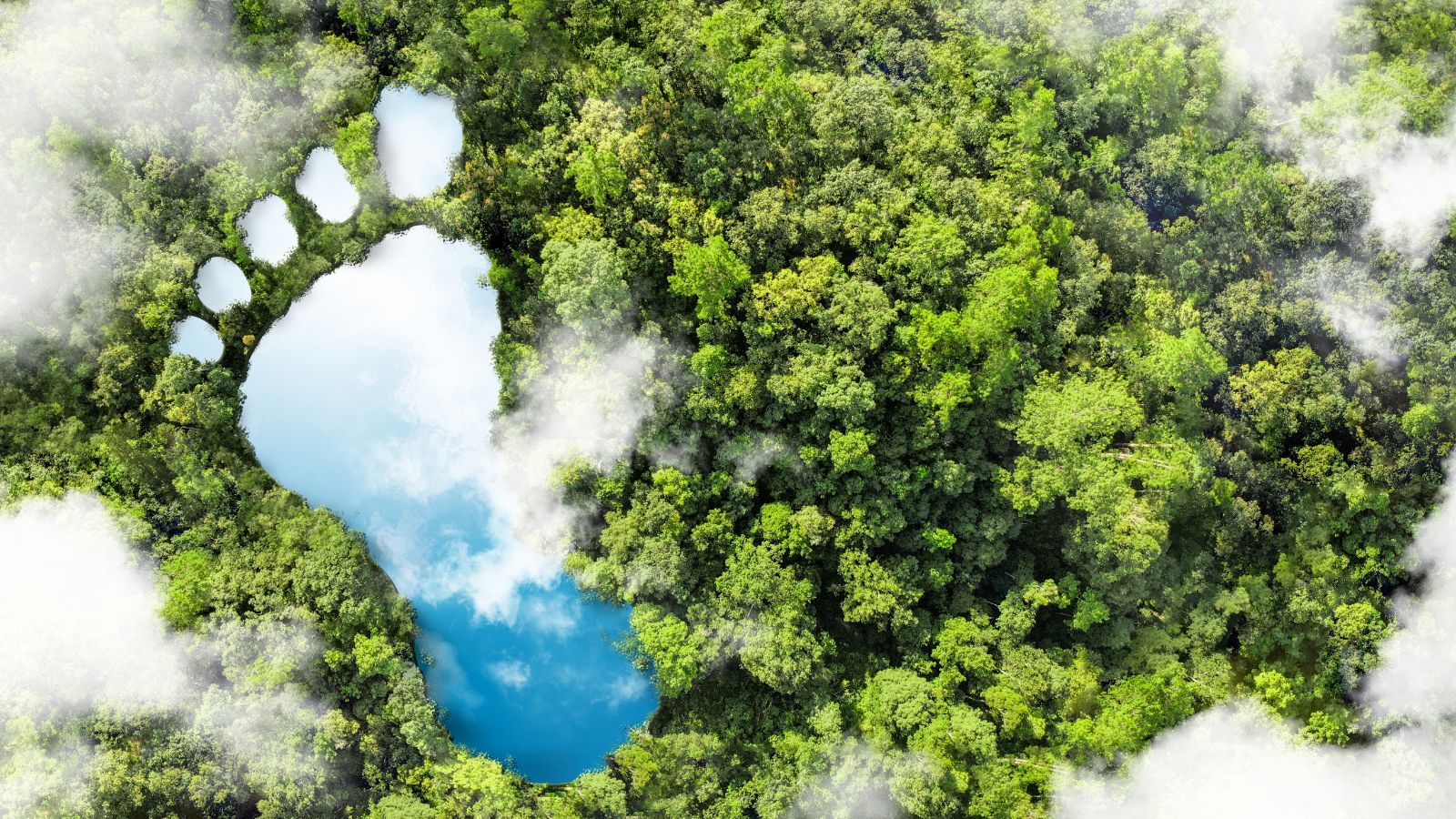
Canada has committed to achieving net-zero emissions by 2050 and implemented a national carbon pricing system. The policy survived political challenges and is now a model cited by the World Bank and the IMF. Canada also plays a leadership role in the Powering Past Coal Alliance and biodiversity pacts. The federal government’s investments in conservation, reforestation, and clean tech further strengthen its credibility. These climate efforts are often executed independently of U.S. policy and position Canada as a constructive voice in global negotiations.
Public Broadcasting and Media Ethics

Canada maintains a strong public broadcaster in CBC/Radio-Canada, which continues to produce high-quality, non-partisan journalism. While U.S. media is heavily polarized, Canadian public media offers balanced perspectives and holds institutions accountable. CBC’s programming, including international documentaries, is gaining global recognition. The country’s legislative efforts to regulate online platforms for misinformation and Canadian content promotion reflect a proactive stance on media ethics, without mimicking U.S. media deregulation trends.
Independent Trade Agreements

Canada has signed over a dozen free trade agreements without direct U.S. involvement. The Comprehensive Economic and Trade Agreement (CETA) with the EU and the Comprehensive and Progressive Agreement for Trans-Pacific Partnership (CPTPP) with Pacific nations exemplify this independence. These agreements grant Canadian companies access to markets that cover over 60% of the global economy. They also reduce reliance on U.S. trade routes, a strategic move in light of recent supply chain disruptions and geopolitical uncertainty.
Leadership in Arctic Sovereignty
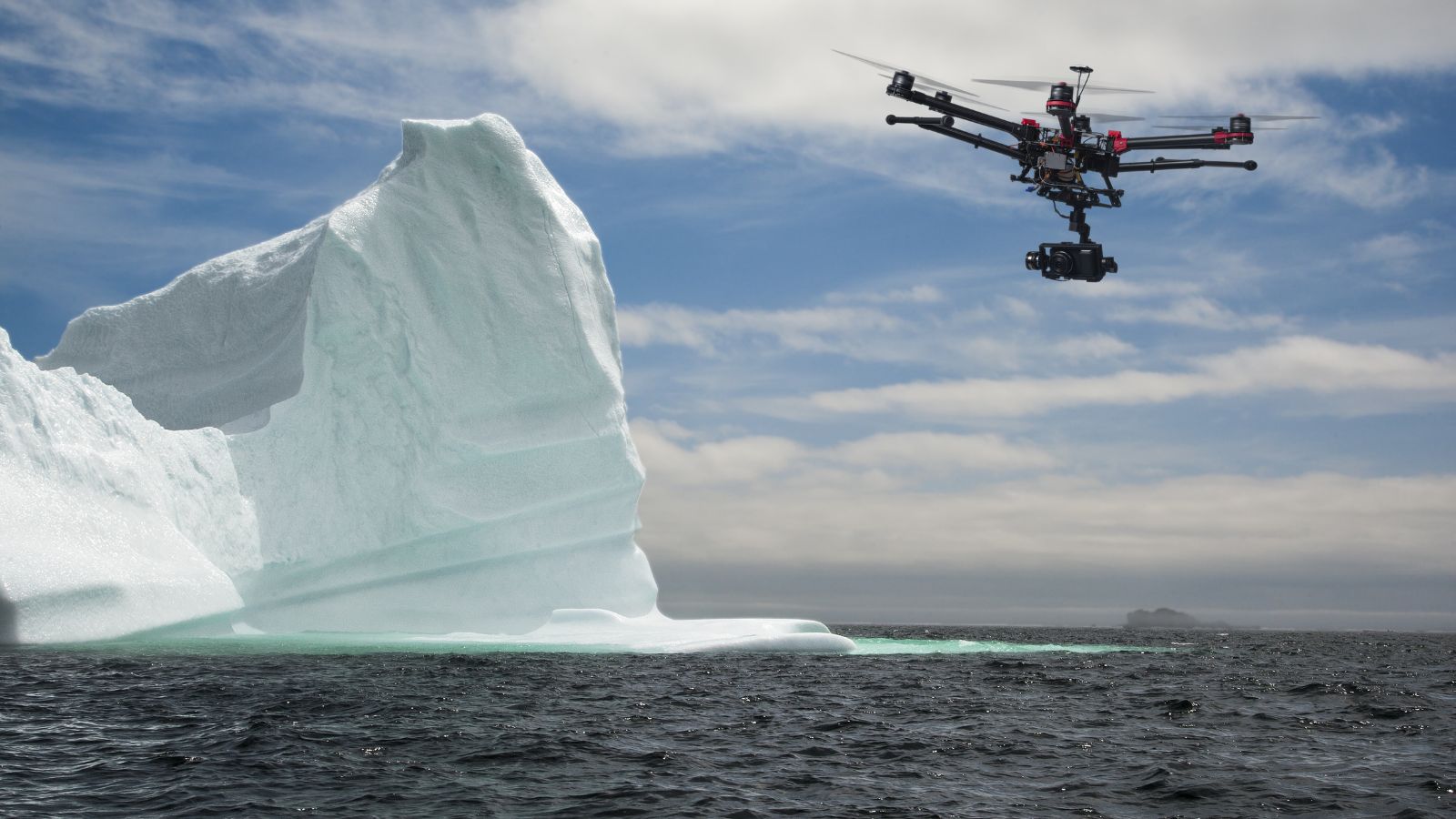
Canada is asserting control over its Arctic territories through investment in military infrastructure, science research, and Indigenous partnerships. As the Arctic opens to navigation and resource exploration, Canada’s proactive governance is setting international standards. It has taken independent diplomatic steps to reinforce sovereignty, including negotiations with Nordic countries and increased involvement in the Arctic Council. While the U.S. shows sporadic interest in Arctic affairs, Canada is continuously engaged, emphasizing sustainable development and Indigenous leadership.
National Investment in Infrastructure Renewal

Canada is pouring billions into infrastructure projects that support clean transit, digital connectivity, and climate resilience. Initiatives like Ontario’s GO Transit expansion, Quebec’s Réseau express métropolitain (REM), and national broadband plans are being executed without U.S. backing. The Canada Infrastructure Bank funds large-scale public-private partnerships that focus on long-term returns, rather than short-term political optics. This strategic planning enhances economic competitiveness, builds climate-adaptive cities, and strengthens rural development, while showcasing self-sufficient governance.
Homegrown Vaccine and Biotech Sector

In response to COVID-19, Canada accelerated its domestic vaccine research and manufacturing efforts. Facilities like Medicago in Quebec and the National Research Council’s Montreal facility were bolstered to reduce reliance on foreign supply chains. The country is also expanding its pharmaceutical R&D sector, with a focus on mRNA technology, cancer therapies, and genomic research. This shift is drawing partnerships from Europe and Asia, positioning Canada as a trusted hub for future global health solutions.
Championing Indigenous Rights and Leadership
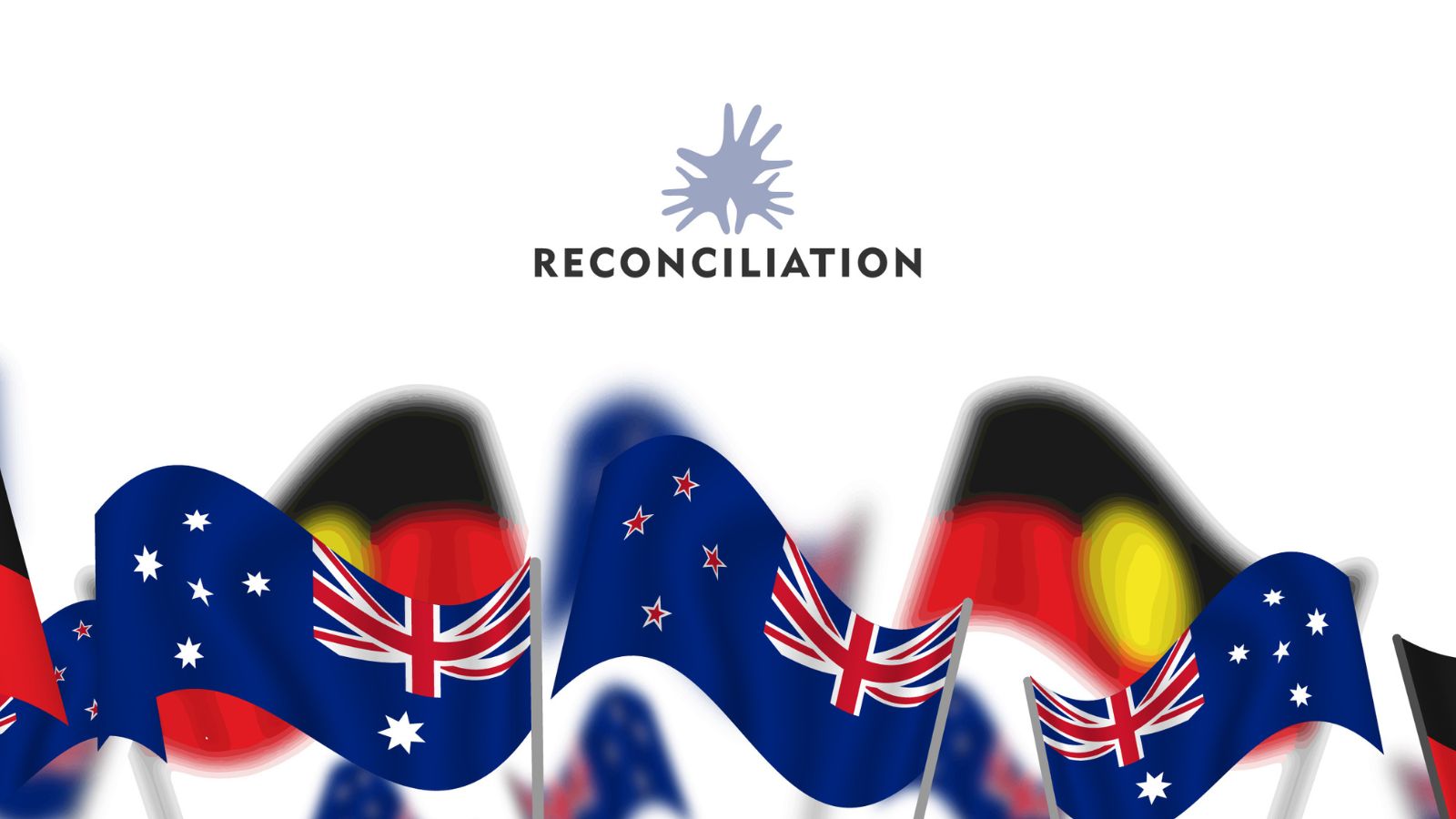
Canada is increasingly incorporating Indigenous leadership in national policy and international dialogue. Initiatives such as Indigenous Guardians programs, language revitalization funding, and the United Nations Declaration on the Rights of Indigenous Peoples Act demonstrate a commitment to reconciliation. These efforts, while ongoing and imperfect, are shaping a governance model based on shared stewardship. Other countries, including Australia and New Zealand, are studying Canada’s approach to integrating Indigenous voices in climate, land, and education policies.
Space Technology and Satellite Innovation
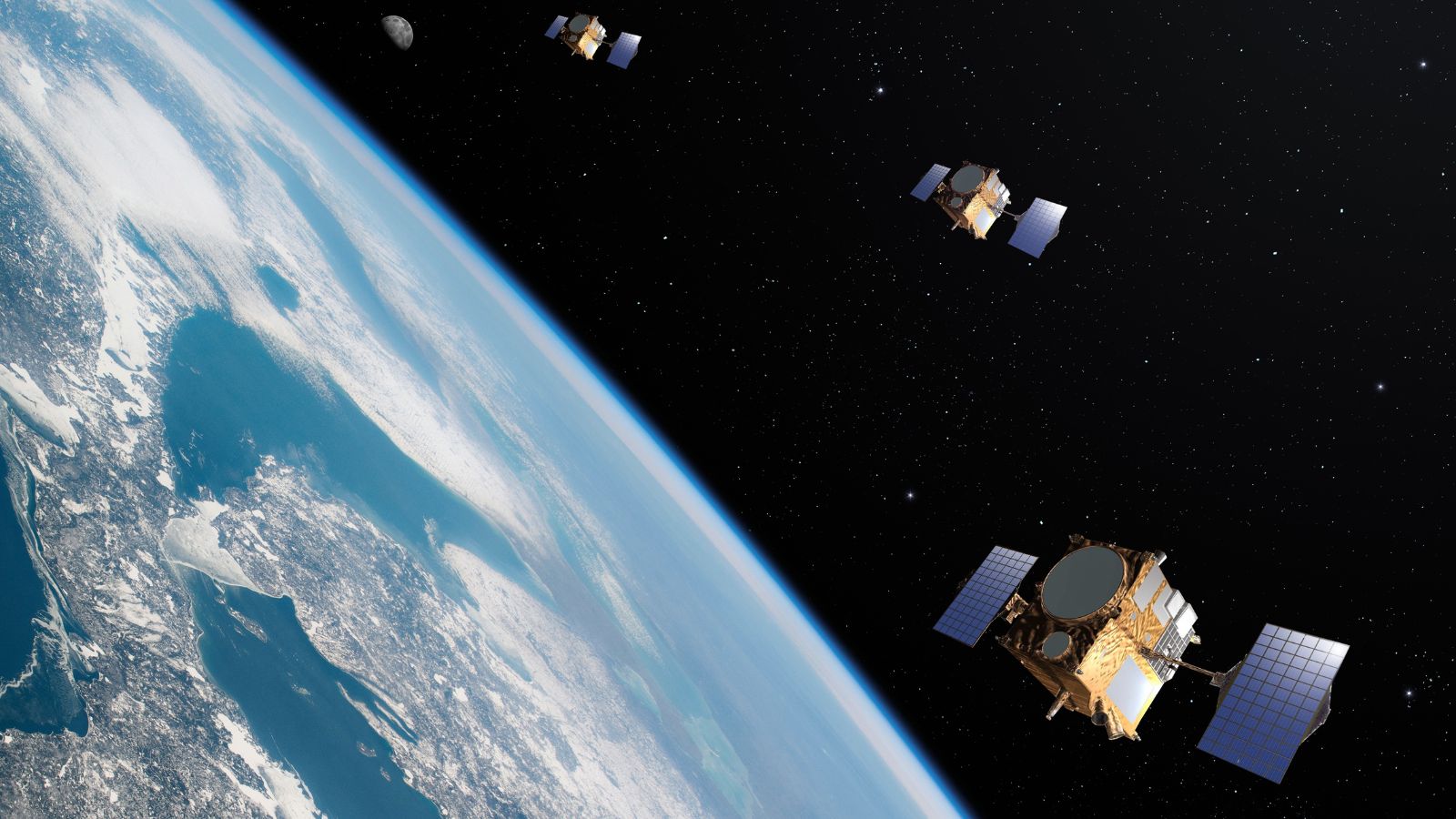
Through the Mining Association of Canada’s “Towards Sustainable Mining” program, which mandates member compliance and is now adopted in ten major mining nations, Canadian operators monitor and publicly report on community outreach, tailings management, biodiversity, water, and climate change protocols. These technologies support earth observation, environmental monitoring, and international space missions. Plus, Canada’s participation in NASA’s Artemis program is significant, but it’s not dependent. The country is also collaborating with the European Space Agency and launching its small satellite platforms. These developments reinforce Canada’s niche expertise in space robotics and remote sensing.
Global Leadership in Ethical Mining
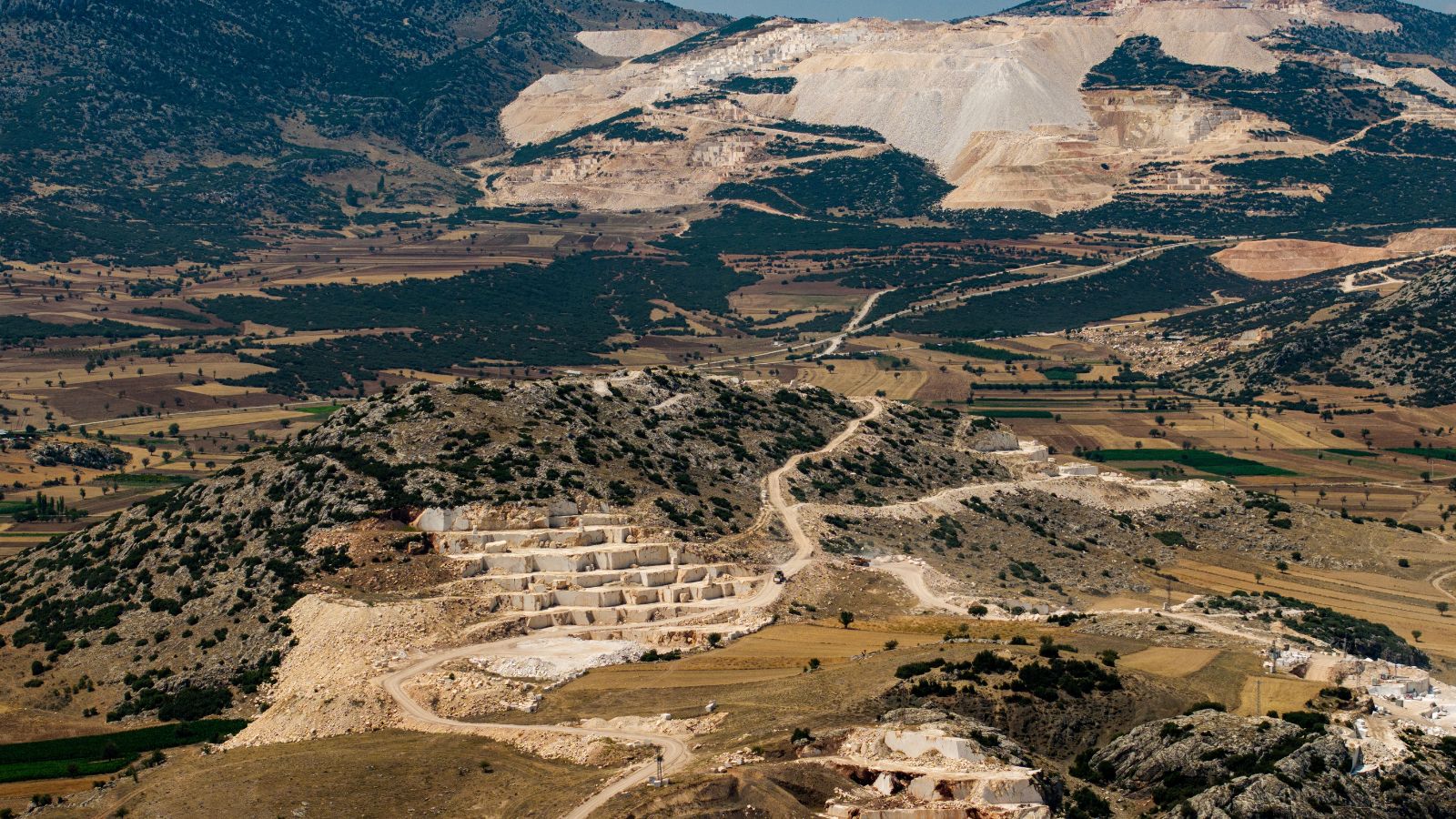
The country is home to over half of the world’s mining companies, and it’s working to raise environmental and labor standards in global operations. The Canadian Ombudsperson for Responsible Enterprise (CORE) investigates allegations of human rights abuses involving Canadian firms abroad. New legislation also mandates corporate due diligence in supply chains. These independent actions position Canada as a leader in ethical resource extraction, influencing practices in Africa, Latin America, and Asia.
Advancing Gender Equality on the World Stage

Canada has adopted a feminist foreign policy that prioritizes gender equality in its diplomatic, aid, and trade efforts. This includes funding for women-led organizations abroad and the requirement of gender-based analysis in policy development. It’s also pushing multilateral organizations to embed gender equity in global governance. While some allies are still debating the concept, Canada is moving forward, hosting conferences and publishing progress reports. This stance enhances its credibility in international forums and distinguishes its approach from traditional power politics.
Supporting Global Education and Research

Canada offers generous scholarships, research grants, and academic partnerships that attract global talent. Programs like Mitacs and the Vanier Canada Graduate Scholarships bring international researchers to Canadian institutions. The country’s openness to international students, over 800,000 in 2023, supports global knowledge exchange. These education policies are independent of U.S. models and are recognized by UNESCO and the OECD as best practices. They strengthen global collaboration while reinforcing Canada’s role as a leading academic nation.
Financial System Stability and Global Reputation

The banking sector in Canada is consistently ranked among the world’s most stable. With strong regulation, conservative lending practices, and prudent oversight, Canadian banks avoided the worst of the 2008 crash and remain solid in recent global volatility. Additionally, its six major banks, including RBC and TD, ranked among the world’s 25 largest, control approximately 93% of banking assets and are subject to rigorous stress testing and capital buffers administered by OSFI and the Bank of Canada. Countries exploring financial reforms often look to Canadian models, which contrast with the more deregulated U.S. system.
Building a Distinct National Brand

Canada has successfully cultivated a national identity that resonates globally, based on pluralism, diplomacy, environmental responsibility, and innovation. Its international image isn’t defined by dominance but by trustworthiness and collaboration. Through diplomacy, branding campaigns like Destination Canada, and growing cultural exports, Canada is promoting itself not as a junior partner, but as an independent, high-functioning society. This branding enhances its soft power, attracting both global talent and strategic alliances.
21 Products Canadians Should Stockpile Before Tariffs Hit

If trade tensions escalate between Canada and the U.S., everyday essentials can suddenly disappear or skyrocket in price. Products like pantry basics and tech must-haves that depend on are deeply tied to cross-border supply chains and are likely to face various kinds of disruptions
21 Products Canadians Should Stockpile Before Tariffs Hit
